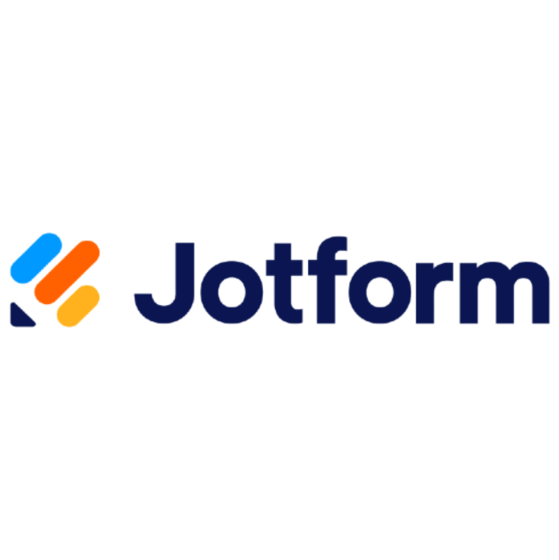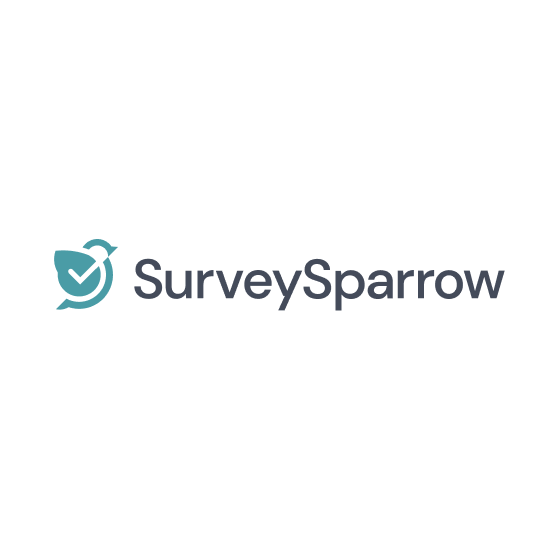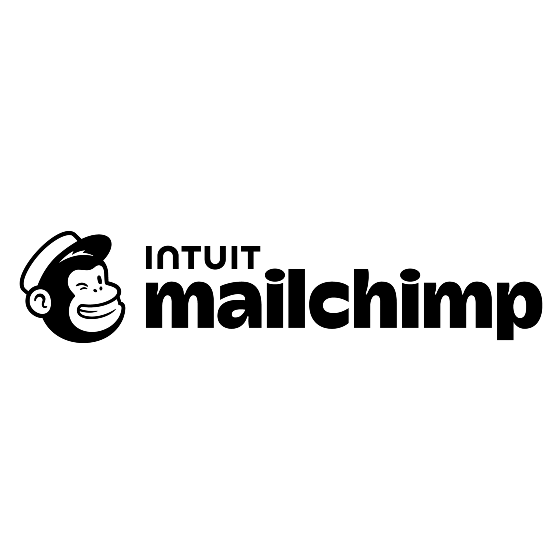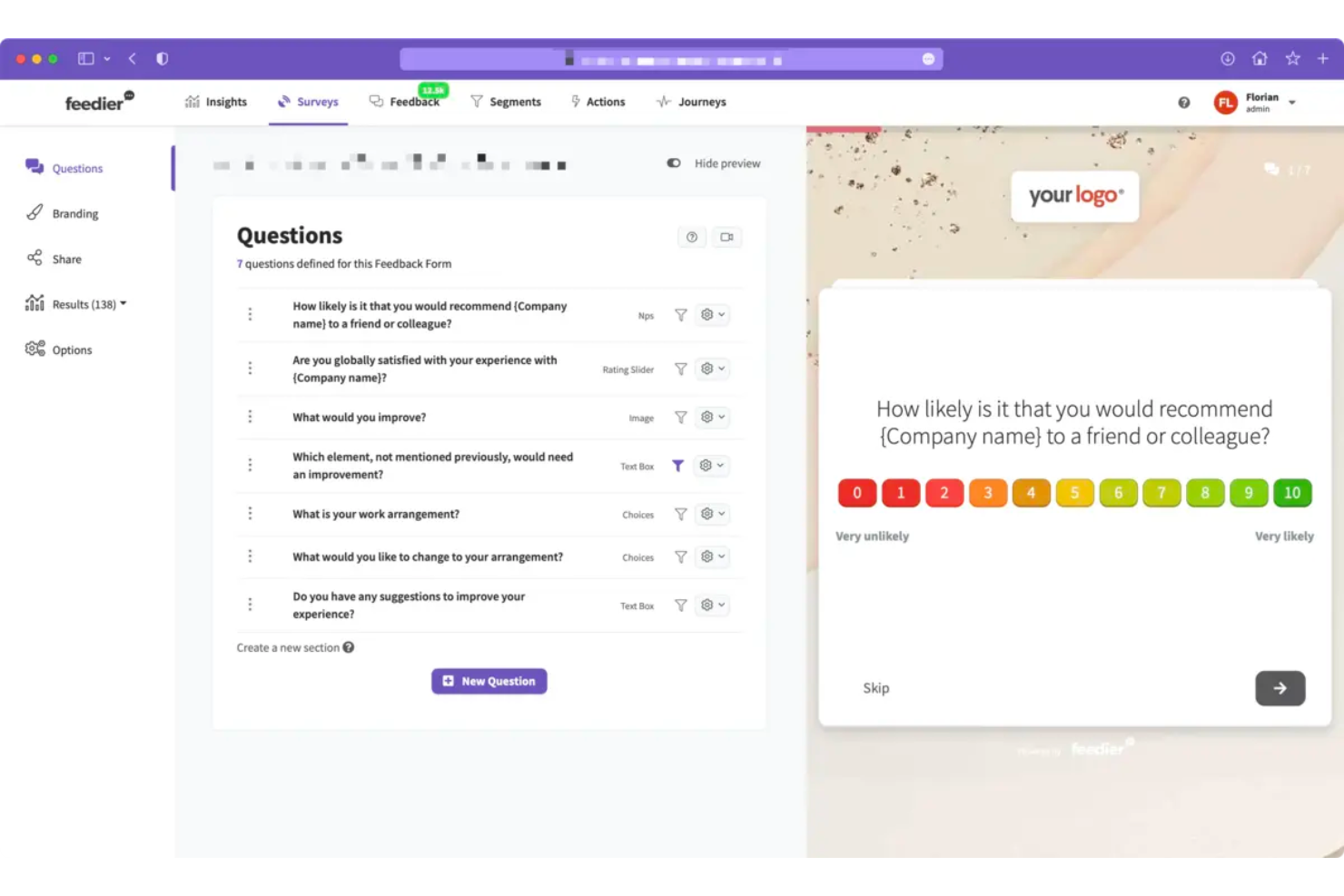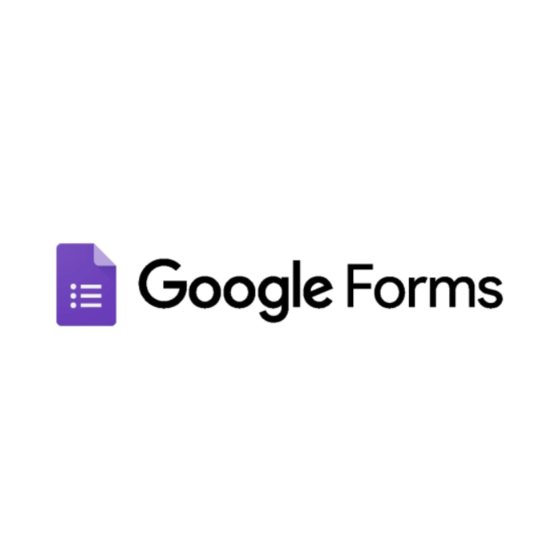10 Best Survey Maker Shortlist
Here's my pick of the 10 best software from the 20 tools reviewed.
With so many survey maker options available, choosing the best tool for your needs is hard. You know you want software to help you create surveys so you can gather customer feedback quickly and easily, but you need to figure out which option is best. In this post, I'll help you make your choice easier by sharing my insights on the best survey markers to collect customer feedback after key touchpoints, based on my personal CX experience.
What is a Survey Maker?
Survey makers are tools that help you create surveys to collect feedback from customers, employees, and other stakeholders. They offer user-friendly features to simplify the survey creation process, including different question types and company branding abilities.
You can use survey marker tools to streamline your data collection and analysis, supporting better-informed decision-making, and improving your customer experience by giving your customers a voice.
Overviews of the 10 Best Survey Makers
Here’s a brief description of each survey maker that showcases each tool’s best use case, their noteworthy features, and some pros & cons. I’ve also included screenshots to give you a snapshot of their user interface too.
Jotform Enterprise securely collects and manages survey submissions, offers critical insights, and helps users collaborate, all without coding. You can create a survey in just a few clicks, using their ready-made templates.
Why I picked Jotform Enterprise: Jotform helps enterprise-level organizations automate the survey process, enabling data-driven decisions without compromising security. You can create a shared workspace for improved team collaboration, then work together to build and manage forms, tables, reports, and apps. Using the admin console, you can set different roles and permissions to control access.
Jotform Enterprise helps you create automated approval workflows for specific tasks and projects. You can generate visual reports and send customized reminder notifications to ensure deadlines are met.
Jotform Enterprise Standout Features and Integrations
Features include mobile data collection, custom urls, secure cloud storage, multiple users, form signing, an admin console, customization, and industry-leading security.
Integrations include Airtable, Asana, Dropbox, Google Drive, Google Sheets, Mailchimp, Microsoft Teams, Salesforce, Slack, and Trello.
Pros and cons
Pros:
- Detailed form analytics
- High level of security
- Custom branding options
Cons:
- Inflexible subscription plans
- Occasional performance issues
SurveySparrow is a cloud-based customer experience solution, enabling businesses to create engaging feedback surveys for a wide range of purposes. The conversational interface makes it easy for respondents to engage and provide helpful replies.
Why I picked SurveySparrow: This tool comes with a centralized dashboard, allowing users to import contacts and organize them in custom lists. It also comes with a reporting module, which helps businesses analyze feedback and generate reports in real-time.
Admins can use built-in templates to create surveys based on various variables and multiple logic-blocks. Tools such as matrix questions, rank orders, and drop-down functionality make it easy for respondents to answer multiple questions quickly.
SurveySparrow Standout Features and Integrations
Features include executive dashboards, customer journey maps, beautiful survey designs, sharing, enriched insights, recurring surveys, white-labeling, and embedded surveys.
Integrations include Aweber, Facebook, Google Analytics, HubSpot, Intercom, Mailchimp, Rybbon, Salesforce, Slack, and Stripe.
Pros and cons
Pros:
- Custom branding
- Robust reporting
- Multiple question types
Cons:
- No offline mode
- Significant learning curve
Opinion Stage is an interactive content platform that helps you create and publish engaging surveys, quizzes, polls, and other types of interactive content. It aims to increase audience engagement, generate leads, and gather insights.
Why I picked Opinion Stage: Opinion Stage is ideal for anyone looking to increase audience engagement and gather insights regarding any target market. The software offers many interactive content options, including quizzes, polls, and surveys. These are designed to provide a fun and engaging experience, while also gathering leads and valuable data.
Thanks to the customizable design templates and multichannel distribution options, businesses can tailor interactive content to their brand and target audience. They can also track their performance, and make better data-driven decisions.
Opinion Stage Standout Features and Integrations
Features include analytics, customization, lead generation, multichannel distribution, personalization, question branching, real-time results, reporting, templates, widgets.
Integrations include ActiveCampaign, AWeber, Campaign Monitor, Constant Contact, HubSpot, Mailchimp, Marketo, Salesforce, Slack, and WordPress.
Pros and cons
Pros:
- Social media sharing tools
- Question branching
- Interactive content types
Cons:
- Branding on free plan
- Limited design flexibility
SurveyMonkey is a popular survey tool that allows anyone to create, send, and analyze surveys. You can email surveys to respondents, or post them on your website and social media platforms to increase your response rate.
Why I picked SurveyMonkey: Businesses can run customer satisfaction surveys to get feedback on products and services, or send employee engagement surveys to understand how team members feel. The software allows you to send surveys and check on results from a mobile device.
You can also easily target specific types of people using SurveyMonkey’s database of 175 million people worldwide. This tool provides users with multiple question types including video, matrix, rating, star, slider, A/B testing, and ranking questions.
You can personalize respondent experience with advanced survey logic, branching, question logic, and advanced piping. It’s also easy to customize surveys by adding logos, themes, and corporate colors.
SurveyMonkey Standout Features and Integrations
Features include survey management, survey builder, question types, survey customization, branching, skip logic, branding, survey insights, and reporting.
Integrations include Google Drive, Eloqua, HubSpot, Marketo, Microsoft Power BI, Microsoft OneDrive, Microsoft Teams, Salesforce, Tableau, and Zoom.
Pros and cons
Pros:
- Highly customizable
- Great data analysis tools
- Optimized for mobile
Cons:
- Few question types
- Limited question branching
Mailchimp is a popular CRM and email marketing tool with built-in survey features. You can use their software to easily send multiple-choice questions to prospects or customers, then use the responses to enhance your business performance.
Why I picked Mailchimp: You can turn survey responses into actionable data quickly. Because surveys are tied to your audience, you can choose which contacts receive them, then tag them when they respond. You can use the email collector question type to add survey responders to your audience automatically.
Mailchimp's robust CRM functionalities allow you to segment survey responses. You can target audience demographic groups with personalized messaging, enhancing customer engagement and loyalty.
Mailchimp Standout Features and Integrations
Features include automation workflows, CRM functionalities, customizable templates, email campaigns, mobile apps, reporting dashboards, segmented audience targeting, social media integration, and a survey builder.
Integrations include Calendly, Canva, Facebook, Google Analytics, Google Drive, Instagram, Salesforce, Shopify, Square, and WooCommerce.
Pros and cons
Pros:
- Seamless email integration
- Customizable templates and campaigns
- Robust CRM functionalities
Cons:
- Clunky navigation at times
- Some features can be overwhelming
Feedier is an innovative feedback management platform that uses gamification and rewards to engage customers and collect valuable insights. This helps organizations improve their offerings and experiences.
Why I picked Feedier: Feedier's unique approach to feedback collection boosts survey response rates, gathering more data that provides more accurate, actionable insights. It has a user-friendly interface and offers powerful features, such as customizable survey widgets and comprehensive reporting.
This tool supports collaborative team management, allowing multiple users to work together on feedback collection and analysis. Customizable notifications and alerts keep users informed of new responses, helping them stay on top of customer feedback, so concerns can be addressed promptly.
Feedier Standout Features and Integrations
Features include an analytics dashboard, customizable notifications, custom branding, gamified surveys, mobile optimization, question branching, reporting tools, reward system, survey widgets, and team collaboration.
Integrations include Google Sheets, HubSpot, Mailchimp, Microsoft Teams, Salesforce, Shopify, Slack, Trello, WordPress, and Zendesk.
Pros and cons
Pros:
- Gamification boosts engagement
- Customizable surveys and rewards
- Powerful reporting and analytics
Cons:
- Higher pricing for premium plans
- Occasional lag and bugs
Typeform is an online software tool that helps you create engaging, customizable, and responsive forms, surveys, and quizzes through a user-friendly interface.
Why I picked Typeform: Typeform's drag-and-drop interface makes it easy to create and customize surveys and forms, even if you have no coding skills. Using their built-in templates and design options, you can create visually appealing surveys that are easy to complete.
Plus, Typeform provides you with detailed analytics and insights to help you better understand your respondents and their behavior. The software is optimized for mobile devices, so your respondents can complete your surveys on any device. Typeform takes security and data privacy seriously, building in measures such as SSL encryption, GDPR compliance, and ISO 27001 certification.
Typeform Standout Features and Integrations
Features include analytics tools, conditional logic, custom branding, survey customization, diverse question types, file uploads, mobile responsiveness, personalized paths, and templates.
Integrations include Airtable, Google Sheets, HubSpot, Intercom, Mailchimp, Microsoft Excel, Salesforce, Slack, Trello, and Webhooks.
Pros and cons
Pros:
- Aesthetically pleasing design options
- Dynamic branching and logic jumps
- Embedding options for websites
Cons:
- No white-labeling on lower plans
- No ability to save drafts
Zoho Survey is an online survey tool that offers a range of features for creating, distributing, and analyzing surveys. As it is tightly integrated into the Zoho ecosystem, it’s ideal for businesses already using other Zoho products.
Why I picked ZohoSurvey: Zoho Survey provides multilingual support that covers 30+ languages, so you can gather feedback from diverse audiences. The software can operate in offline mode and allows companies to white label their surveys.
This tool also offers advanced branching and logic, making it simple to create dynamic, personalized surveys that adapt according to respondent’s answers. Compliant with GDPR, Zoho Survey allows multiple users to work together by sharing access and assigning roles.
ZohoSurvey Standout Features and Integrations
Features include survey building, personalization, strong security, survey distribution, reporting, analytics, collaboration tools, and mobile support.
Integrations include Asana, Dropbox, Google Drive, Google Sheets, Mailchimp, Microsoft Teams, Salesforce, Slack, Trello, and Zoho Projects.
Pros and cons
Pros:
- Rich question types
- Advanced reporting
- Customizable templates
Cons:
- Limited question piping
- Minimal image customization
With Google Forms, it’s easy to create and share online forms and surveys, then analyze responses in real-time to get insights fast. This free solution allows you to select from multiple question types, drag-and-drop to reorder questions, and customize values as easily as pasting a list.
Why I picked Google Forms: Google Forms allows you to customize images, colors, and fonts to get the look you want. You can add custom logic to show questions based on previous answers. Automatic summaries help you analyze responses, with chart data updated in real-time. You can also view the data using Google Sheets for deeper analysis.
Using this tool, you can create and respond to surveys from anywhere using a computer, tablet, or mobile device.
Google Forms Standout Features and Integrations
Features include automatic response summary generation, collaborative editing capabilities, conditional branching logic, data export to Google Sheets, easy customizable survey creation, mobile and desktop compatibility, multiple question types, pre-built templates, real-time response tracking, and robust form sharing options.
Integrations include Asana, Calendar, DocuSign, Dropbox, Google Sheets, Mailchimp, Microsoft Excel, Salesforce, Slack, and Trello.
Pros and cons
Pros:
- Automatic data organization
- Mobile-friendly interface
- Customizable themes
Cons:
- Restricted file upload size
- Basic analytics functionality
SogoSurvey is a popular survey tool that makes it simple to create, distribute, and analyze surveys. The software helps organizations gather feedback and insights from customers, employees, and other stakeholders.
Why I picked SogoSurvey: SogoSurvey offers many features to help you create and customize surveys for purposes such as market research, customer feedback, employee engagement, and academic research. The software provides numerous survey question types, distribution channels, and branding options.
Using the reporting and analytics features, users can analyze survey data in real-time and gain actionable insights. This popular survey solution assists organizations in leveraging feedback to improve performance, productivity, and customer or employee satisfaction.
SogoSurvey Standout Features and Integrations
Features include analytics, branding, customization, distribution, mobile-friendly designs, multilingual support, multiple question types, real-time reporting, security, and survey templates.
Integrations include Google Drive, HubSpot, Mailchimp, Microsoft Teams, Salesforce, Slack, SurveyMonkey, Trello, Webhooks, and Zendesk.
Pros and cons
Pros:
- Robust survey question types
- Multilingual survey capabilities
- Custom branding and white-labeling
Cons:
- Steep learning curve for advanced features
- Some design limitations
The Best Survey Makers Summary
This comparison chart summarizes basic details about each of my top survey maker software selections. You can view pricing details and the availability of free trials or demos side-by-side to help you find the best software for your budget and business needs.
| Tools | Price | |
|---|---|---|
| Jotform | From $39/user/month | Website |
| SurveySparrow | From $19/month | Website |
| Opinion Stage | From $32/month | Website |
| SurveyMonkey | From $25/user/month (billed annually) | Website |
| MailChimp | From $13/month | Website |
| Feedier | Pricing upon request | Website |
| Typeform | From $29/user/month | Website |
| Zoho Survey | From $35/month | Website |
| Google Forms | From $12/user/month | Website |
| SogoSurvey | From $25/month | Website |

Compare Software Specs Side by Side
Use our comparison chart to review and evaluate software specs side-by-side.
Compare SoftwareOther Options
Here are a few more worthwhile options that didn’t make the best online survey maker list:
- Qualtrics XM
Best for in-depth journey mapping
- Survicate
Best for advanced survey types
- Canva
Best design-friendly survey maker
- Survio
Best for localization in multiple languages
- SurveyPlanet
Best for unlimited surveys, questions, and responses
- FreeOnlineSurveys
Best for a free online survey tool
- Simplesat
Best for getting feedback through HubSpot
- SuperSurvey
Best for making beautiful surveys fast
- SurveyNuts
Best for building sophisticated quizzes
- Customer Guru
Best for tracking your net promoter score
How I Selected the Best Survey Makers
With so many options available, you may be wondering how I was able to nail down my top 10 list. Well, it took a lot of work, that’s for sure!
I evaluated and compared many different survey platforms, focusing on those with positive user ratings and enthusiastic reviews. Then, drawing on my many years of expertise in survey making, I refined my list using the criteria below.
Selection Criteria
Here’s a short summary of the main selection and evaluation criteria I used to develop my list of the best survey maker software for this article:
Ease of Use
The software should be user-friendly, with an intuitive interface that allows you to create, distribute, and analyze surveys with minimal effort.
Customization Options
I look for a variety of question types, design elements, and branching logic to ensure your surveys collect relevant and targeted data.
Software Integrations
The survey tool should easily integrate with other software and platforms you use. These may include CRM systems, form builders, email marketing tools, and analytics software.
Data Analysis and Reporting
I prefer software that offers built-in analytics features. It should provide clear visualizations and comprehensive reports to help you interpret results and make data-driven decisions.
Pricing
I assess the pricing structure and available plans to see if the software fits most budgets and can scale as your business needs evolve.
Frequently Asked Questions
People often ask me for advice regarding creating surveys or using survey maker software. Here are answers to the most common questions I receive:
How do survey makers work?
Survey maker software helps businesses create, distribute, and analyze surveys or questionnaires. Respondents fill out a survey form, providing details of their experience with the company. This type of software simplifies the process of collecting data and insights from a target audience. It enables you to make informed decisions based on the feedback received.
With features like customizable question types, design elements, branching logic, and analytics, survey maker software makes the entire survey process more efficient and user-friendly.
What is a CSAT survey?
A CSAT survey, or customer satisfaction survey, is a tool that measures how happy people are with their experience as a customer. It provides key metrics that help businesses gauge how well they’re meeting customer expectations. It also allows them to identify areas for improvement, and maintain strong relationships with their clientele.
By using a simple rating scale, typically ranging from ‘very unsatisfied’ to ‘very satisfied,’ CSAT surveys provide businesses with valuable insights into customer perceptions and experiences. This ultimately contributes to improved customer retention and loyalty.
Why are customer satisfaction surveys important?
Customer satisfaction surveys are essential as they help businesses quantify satisfaction levels, pinpoint areas for improvement, and enhance customer experiences. By addressing concerns based on feedback, companies can improve their operations. This makes it easier to retain customers, increase loyalty, and gain a competitive advantage.
Ultimately, these surveys contribute to business growth and profitability by fostering satisfied customers. Happy buyers are more likely to make repeat purchases and recommend the company to others.
Time For Your First Survey!
That concludes my assessment of the best survey tools. Armed with the information in this article, you’ll be able to choose the right software tool and master the art of the online survey. Be sure to sign up for our newsletter, too, so we can update you on new online survey software and other customer experience topics.
Good survey maker software provides vital business information, which empowers companies to achieve their mission-critical KPIs more effectively. So it’s time to pick your tool, level up your customer experience, and generate an army of loyal fans.
Related read: Best Free Survey Tools for Collecting Feedback

